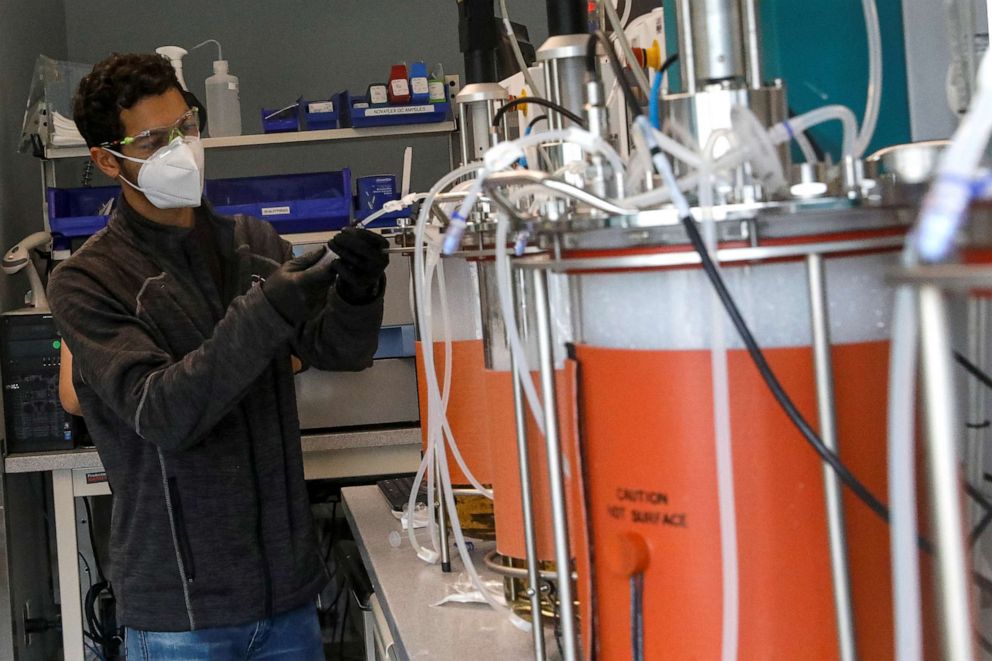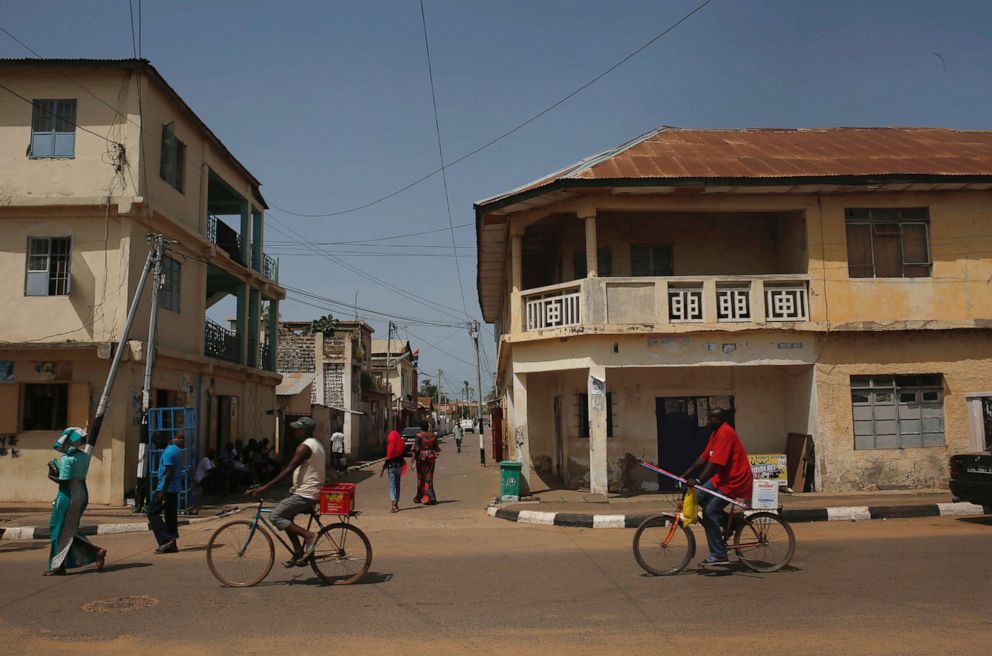Monoclonal antibody treatments show promising results
American biotechnology company Regeneron Pharmaceuticals announced Wednesday that its cocktail of two monoclonal antibodies held up in laboratory experiments against new variants of the novel coronavirus first identified in the United Kingdom and South Africa.
Monoclonal antibodies are synthetic versions of our natural antibody defense to infection. They are being studied as a way to both treat and prevent COVID-19 infection, with promising results. But unlike vaccines, which are thought to offer broader protection, some scientists have been worried that this type of therapy would be less effective against newly emerging variants of the virus.
Wednesday's announcement is good news for Regeneron's monoclonal antibody treatment, REGEN-COV, though the data is still preliminary and currently under peer review.
Regeneron scientists as well as researchers at Columbia University in New York City have each independently confirmed that the casirivimab and imdevimab antibody cocktail successfully neutralized both the U.K. and South Africa variants when tested against them, according to a company press release.

REGEN-COV has not yet been tested against another variant that was first identified in Brazil. However, Regeneron said the two-antibody cocktail "is expected to remain similarly potent" based on some resemblance which the Brazil variant bears to the South Africa strain. The company said it is pursuing further confirmatory research.
It's the latest piece of promising news about the efficacy of monoclonal antibodies as treatment for COVID-19. On Tuesday, American pharmaceutical firm Eli Lilly and Company announced that a combination of two monoclonal antibodies, bamlanivimab and etesevimab, was found to be effective in COVID-19 patients at high risk of severe infection, reducing the risk of hospitalization and death by 70%, according to the results of a final-stage trial.
That same day, Regeneron announced its antibody cocktail had shown positive initial results in prophylactic use -- that is, helping ward off COVID-19 in those who may have been exposed to the virus. Regeneron’s chief scientific officer, Dr. George Yancopoulos, said he hopes the drug "may be able to help break this chain" of active infection and transmission.
Last Thursday, Eli Lilly released data showing bamlanivimab may help prevent disease and stop outbreaks among residents and staff of long-term care facilities.
ABC News' Sasha Pezenik contributed to this report.







